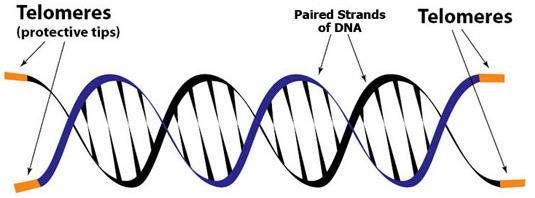Mindful
Diamond Member
- Thread starter
- Banned
- #61
I'd not thought of it this way: from the article: death before middle age.
The fourth chapter, Adverse Environments, addresses the multitudinous ways in which we meet our end. As earlier noted, until recently, old age was a relative rarity -- most people met death before middle age by way of accident, illness or violence. While nowadays we're more alarmed at the prospect of death as sheer non-existence, in those earlier times "whatever level of fear was involved had more to do with the process of dying as opposed to the state of being dead" (p. 132). In the earliest human environment, contagious viruses were probably not so much a worry but after settling in cities, plagues and virulent scourges became common and devastating to the cultures involved. In addition, in earlier days the risks of childbirth and infant death were much greater than in our time. Because life depended to a much greater extent on the beneficence of nature, death by malnutrition and starvation were not uncommon. And of course warfare, in part driven by the need to control resources, was more or less constant.
The fourth chapter, Adverse Environments, addresses the multitudinous ways in which we meet our end. As earlier noted, until recently, old age was a relative rarity -- most people met death before middle age by way of accident, illness or violence. While nowadays we're more alarmed at the prospect of death as sheer non-existence, in those earlier times "whatever level of fear was involved had more to do with the process of dying as opposed to the state of being dead" (p. 132). In the earliest human environment, contagious viruses were probably not so much a worry but after settling in cities, plagues and virulent scourges became common and devastating to the cultures involved. In addition, in earlier days the risks of childbirth and infant death were much greater than in our time. Because life depended to a much greater extent on the beneficence of nature, death by malnutrition and starvation were not uncommon. And of course warfare, in part driven by the need to control resources, was more or less constant.

